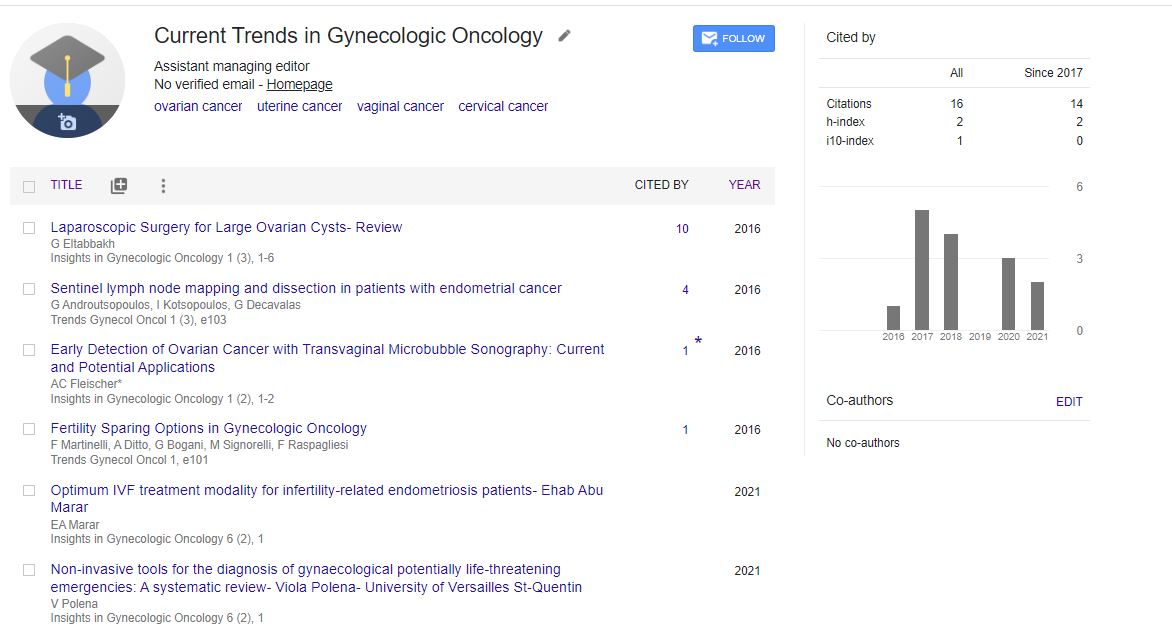Review Article
Medical Education in the Global Arena: The Impact of Cross-cultural Learning
Adeline Adwoa Boatin*, Amy Stagg and Annekathyrn Goodman
Department of Obstetrics and Gynecology, Massachusetts General Hospital, Harvard Medical School, Boston, MA, United States of America
- *Corresponding Author:
- Adeline Adwoa Boatin
Department of Obstetrics and Gynecology
Massachusetts General Hospital, Harvard
Medical School, Boston, MA, 55 Fruit Street
Founders 5, Boston, MA, United States of America
Tel: 617 643 4928
Fax: 617 726 4803
E-mail: aboatin@partners.org
Received date: January 19, 2016 Accepted date: February 24, 2016 Published date: February 29, 2016
Citation: Boatin AA, Stagg A, Goodman A (2016) Medical Education in the Global Arena: The Impact of Cross-cultural Learning. Trends Gynecol Oncol 1:104.
Copyright: © 2016 Boatin AA, et al. This is an open-access article distributed under the terms of the Creative Commons Attribution License, which permits unrestricted use, distribution, and reproduction in any medium, provided the original author and source are credited.
Abstract
This comprehensive review examines the international literature on global medical education. Specifically, teaching and learning styles, transnational education, and potential challenges that arise with cultural and local differences are evaluated. Global medical education has the potential to serve local needs in resource-limited settings and set international standards for curriculum and accreditation. There are broad differences when comparing teaching styles between countries with a significant narrowing of teaching methods found when examined within a country. Learning styles differ greatly as well, and can be optimized when individual preferences for learning and local cultures are considered. As teachers and learners are increasingly brought together from different cultures, analyzing teaching and learning methods is essential to productive cross cultural medical education.

 Spanish
Spanish  Chinese
Chinese  Russian
Russian  German
German  French
French  Japanese
Japanese  Portuguese
Portuguese  Hindi
Hindi 